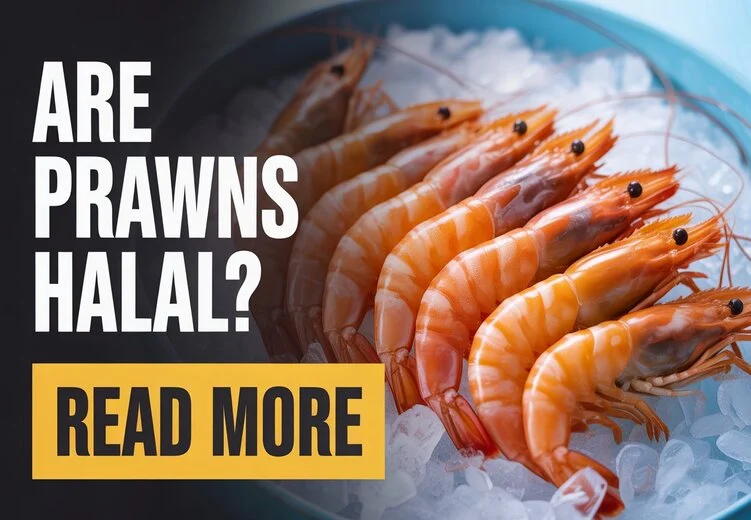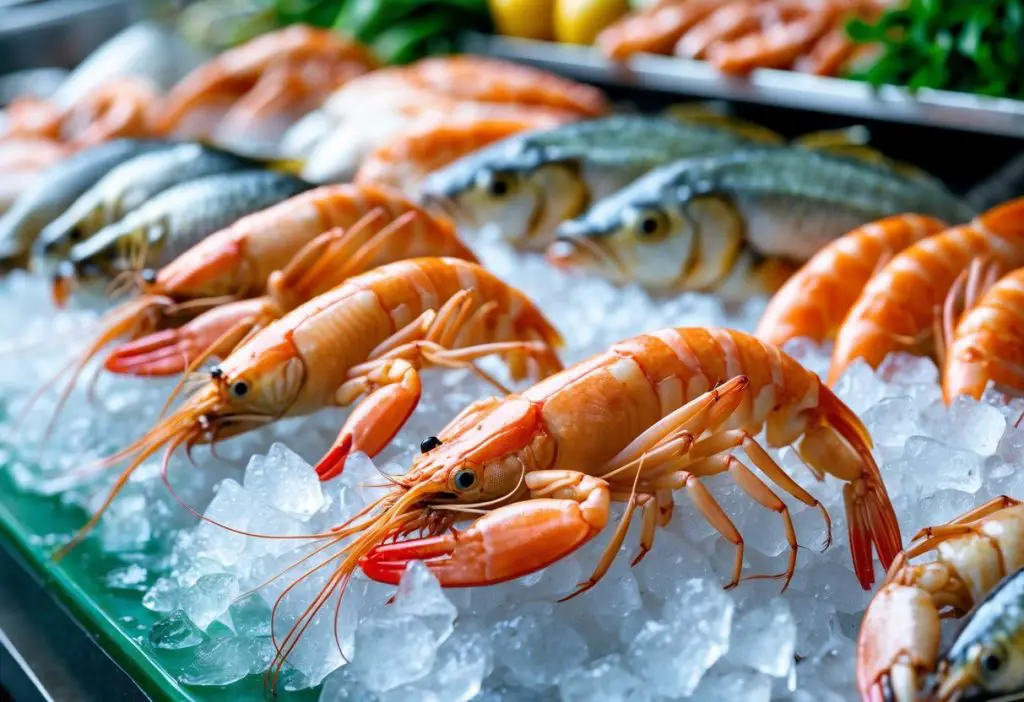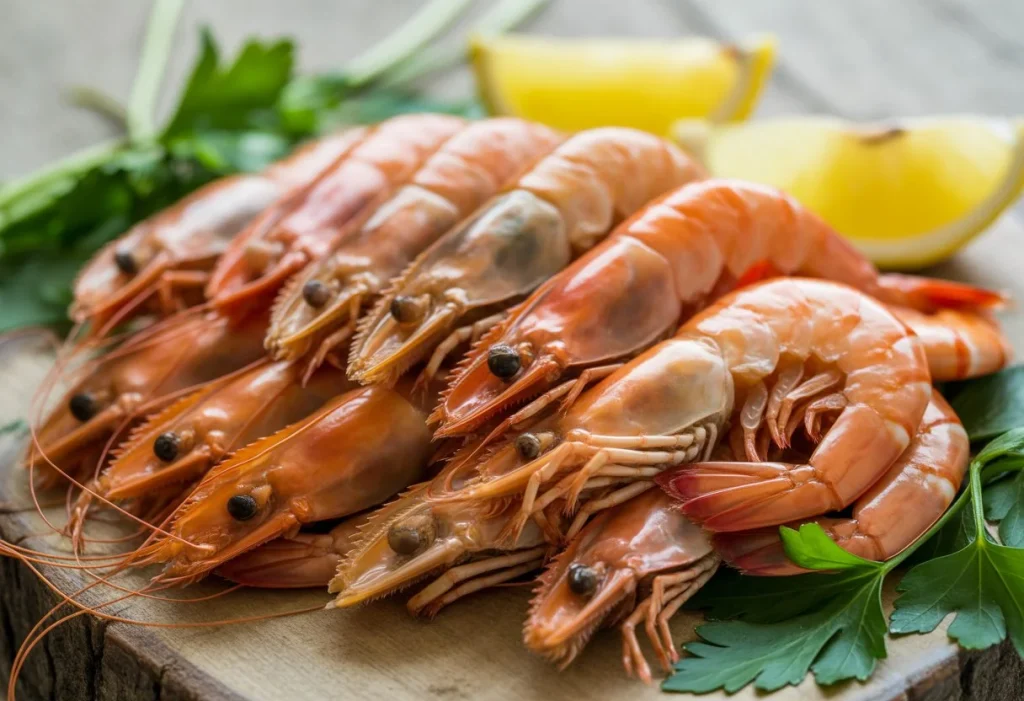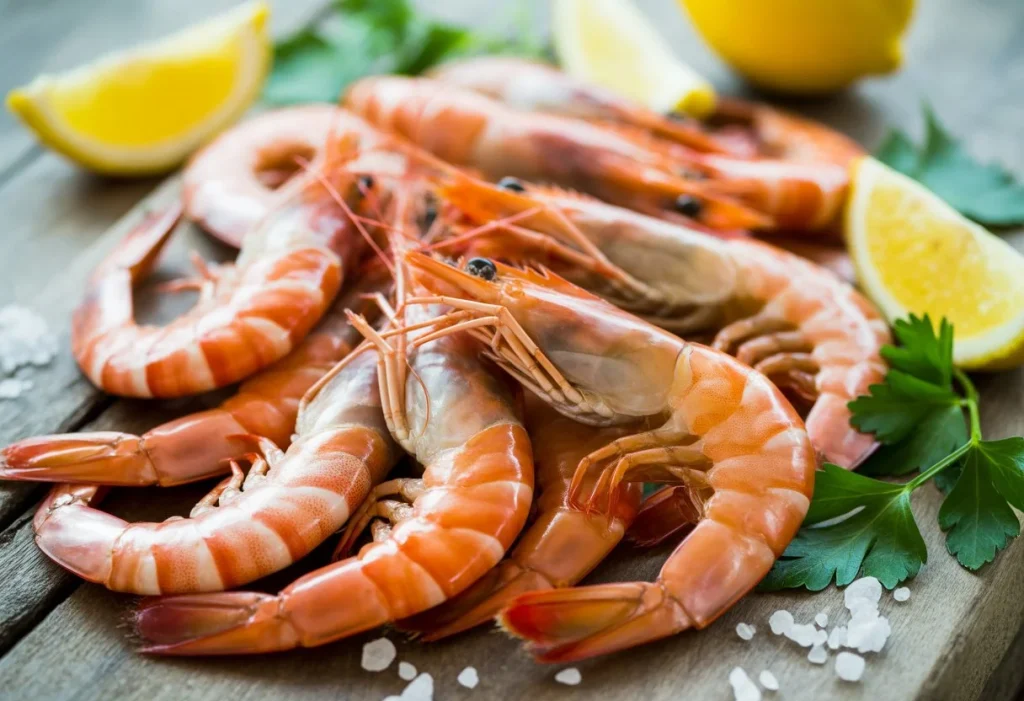Are Prawns Halal? Islamic Rulings, Schools of Thought, and Key Debates

The question of whether are prawns halal in Islam is one that many Muslims seek a clear answer to. Prawns are considered halal by most Islamic scholars, especially within the Shafi’ee, Maliki, and Hanbali schools of thought, which permit all sea creatures. However, some Hanafi scholars have debated this based on the classification of prawns, leading to different opinions.
This difference mainly comes from whether prawns are viewed as fish or another type of sea animal. While some scholars argue prawns are a type of fish and therefore halal, others say prawns don’t meet the strict scientific criteria of fish and might be disliked or makrooh but not outright forbidden. This mix of views makes it important to understand the reasons behind each opinion.
For those wanting to know more about Islamic dietary rules and how prawns fit into them, this article explores these perspectives clearly and fairly. It helps readers decide what suits their beliefs and provides insight into Islamic law’s approach to seafood.
Core Islamic Rulings on Prawns
The status of prawns in Islam is connected to key religious sources and the interpretations of Islamic scholars. These rulings depend on how prawns are classified and the differing views within Islamic law regarding seafood. Understanding the foundational texts and scholarly views clarifies why opinions vary.
Quranic Verses and Foundational Sources
The Quran permits the consumption of seafood, as seen in Surah Al-Ma’idah [5:96], which allows all sea creatures as lawful food. This verse is often cited to support the permissibility of eating most types of seafood, including prawns.
However, the Quran does not directly mention prawns or crustaceans specifically. The general rule for seafood is taken from the Arabic term “As-Samak” (fish), and the permissibility depends on whether prawns fall under this category or not, based on classical interpretations.
The Quranic approach sets the groundwork, but practical rulings often come from the Sunnah and scholarly interpretation based on the nature of the sea creatures.
Halal, Haram, and Makrooh in Islamic Jurisprudence
Islamic dietary law divides food into halal (permissible), haram (forbidden), and makrooh (disliked but not sinful). For prawns, the difference lies mainly within the Hanafi school of fiqh.
Some scholars consider prawns halal, categorizing them as fish or permissible sea animals. Others see prawns as makrooh, especially in the Hanafi madhhab, meaning it is better to avoid them but not haram.

A third view, based on zoological classification, holds that prawns are crustaceans not considered fish. Thus, some jurists rule them haram within the Hanafi view because only true fish are allowed from “dead sea creatures.”
General Consensus Among Scholars
Most Muslim scholars from the Shafi’i, Maliki, and Hanbali schools agree prawns are halal because all sea animals are permitted. They rely on linguistic and traditional definitions that include prawns as seafood.
The Hanafi school is split. Some accept prawns as fish based on classical language experts, while others follow modern science and classify prawns as non fish, leading to prohibition or makrooh rulings.
Prominent scholars like Mufti Taqi Usmani advise flexibility and caution. He states refraining is safer but accepting prawns as halal is valid in many communities due to differences in custom and interpretation.
Differences Among Islamic Schools of Thought
Prawns’ halal status varies depending on how different Islamic schools interpret the definition of fish and sea creatures. Some schools allow all sea animals, while others draw specific lines based on physical traits. The debate mainly focuses on whether prawns are to be considered fish or not.
Hanafi Perspective on Prawns
The Hanafi school offers two main views about prawns. One view relies on the traditional definition from hadith that only fish are halal. Since prawns do not have scales or a backbone, some Hanafis consider them not fish and therefore makrooh or disliked.
However, another group within Hanafi scholars argues that prawns fall under the term “fish” in classical Arabic dictionaries and traditional texts. They say the linguistic and historic definitions count prawns as very small fish, making them permissible.
Despite this, many contemporary scholars lean toward caution because prawns lack a backbone and do not breathe like fish. Eating prawns remains common among many Hanafis without strict prohibition, but some recommend avoiding them out of prudence.
Shafi’ee Viewpoint
The Shafi’ee school holds a simpler and broader position. It generally considers all sea creatures halal, based on the idea that Allah allowed sea animals in the Quran without limiting them to fish alone.
According to Shafi’ee scholars, prawns and similar shellfish fall into the halal category because the entire sea is seen as lawful to take food from. Their view emphasizes the permissibility of any creature that lives in the sea, not focusing on the biological classification.

This view avoids the debate about physical characteristics like spines or gills. The Shafi’ee approach is more inclusive, permitting prawns as part of halal seafood without restriction.
Maliki and Hanbali Opinions
The Maliki and Hanbali schools align closely with the Shafi’ee, holding that all sea animals are halal to eat. Like the Shafi’ee, they cite Quranic verses and hadiths that indicate the permissibility of seafood broadly.
These schools do not restrict halal status to the category of fish alone. Prawns, shrimp, crabs, lobster, octopus and similar sea creatures are included as lawful food.
The focus here is on the general permissibility of seafood rather than a precise scientific classification. This makes Maliki and Hanbali rulings clear and straightforward in permitting prawns without hesitation.
Classification, Linguistic and Scientific Perspectives
The classification of prawns is debated in Islamic dietary discussions. Different views arise from language use, ancient scholarly opinions, and modern biology. These perspectives affect how prawns are viewed as halal or not.
Linguistic Interpretations of Prawns
Linguistically, many specialists consider prawns to be a type of fish. Classical Arabic dictionaries describe prawns as small red fish, showing a historical view that groups prawns with fish. This interpretation supports halal rulings by some scholars who rely on language understanding.
The term “samak” (سمك) in Islamic texts is important. It traditionally means fish, and many argue prawns fit this category. This view is common in schools like Hanafi, which debate prawns’ status based on whether they qualify as fish linguistically rather than scientifically.
Modern Scientific Classification
Modern science classifies prawns differently. Scientifically, a fish is a vertebrate animal that lives in water, has fins, and breathes through gills. Prawns do not have a backbone and belong to the crustacean family, classified instead as shellfish or aquatic insects by experts.

This biological definition contrasts with the linguistic view. Because prawns lack the main fish features, some scholars argue they do not meet the Islamic category of fish. This difference contributes to the debate around the halal status of prawns.
Allama Dameeri’s Statements
Allama Dameeri, a respected Islamic scholar and naturalist, classified prawns in his writings. He stated that prawns are “very small red fish,” reflecting the traditional linguistic classification rather than biological traits.
His view influences many Hanafi scholars who consider prawns halal based on this classification. His writings remain an important source to support the permissibility of prawns for Muslim consumption despite modern scientific classifications.
Conclusion
Prawns have different rulings across Islamic traditions. Some scholars consider them halal based on their classification, while others have reservations. The opinions vary, especially between the Hanafi school and Shia scholars, and there are distinctions made between various sea creatures like crabs and lobsters.
